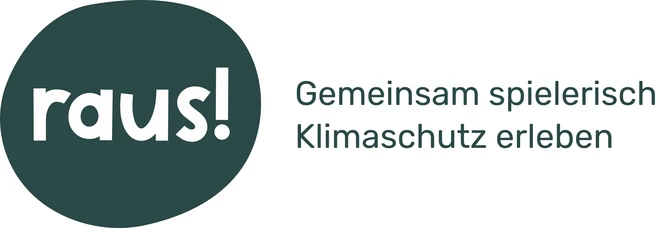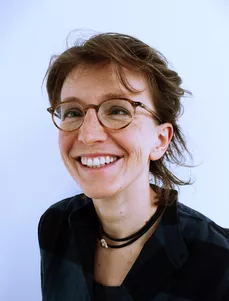What does climate protection in everyday life actually mean? How can children and families be motivated to engage with major future issues—without pressure, but instead with play, fun, and movement? These are exactly the questions addressed by the project “raus! Experience climate action together through play: A toolbox for families.”
The initiative was developed by the Associate Professorship of Didactics in Sport and Health and University of Konstanz, implemented together with numerous practice partners. The aim is to strengthen climate protection skills while at the same time promoting everyday physical activity—right where people live: in their own neighborhoods.
“We have been trying for some time in our projects to better reach families with the themes of physical activity, health, nature, and climate,” explains Prof. Dr. Filip Mess, Head of the Associate Professorship of Didactics in Sport and Health. “With the project raus! and the newly developed rauszeit! box, we have succeeded in doing so. Moreover, the box can be used by all families, which allows us to reach a wide audience.”
The rauszeit! Box brings sustainability into motion playfully
For this purpose, the rauszeit! box was developed with the involvement of experts, municipalities, and educational institutions in Munich. The toolbox is designed to make climate protection tangible and is available digitally on smartphones as well as in print.
“The idea was for families to deal with climate protection independently, but to package the whole thing playfully,” explains project leader Dr. Barbara Eigenschenk, research associate at the Associate Professorship of Didactics in Sport and Health. “At the same time, they should go outside, be active, experience things together, and rediscover their surroundings. Nature is always part of this concept.”
The rauszeit! box contains 22 practical outdoor game ideas that combine environmental awareness with physical activity. Whether playing “climate bingo” in the neighborhood, creating a self-designed nature portrait, or going on a discovery tour on the way to school—all activities are designed to be implemented right outside the front door, without prior knowledge or special materials.
“Some games are very low-threshold, for example collecting natural materials and using them to recreate your family,” reports Dr. Eigenschenk. “Others promote everyday skills, such as when children learn to manage their way to school independently—with a map, orientation tasks, and playful challenges.”
An offer for everyone – flexible, free of charge, easily accessible
The collection is aimed at families with children of all ages. Activities can be adapted depending on the group. “It was important to us that the offer is accessible to everyone—free of charge, easy to understand, and without barriers,” emphasizes Dr. Eigenschenk.
To ensure that as many people as possible can benefit from the idea, the box is currently being distributed nationwide via multipliers—such as educational institutions, municipalities, kindergartens, health insurers, or environmental organizations.
“In the pilot phase, many groups approached us proactively. That’s why we adapted the toolbox for these target groups as well,” says Barbara Eigenschenk. “It is important to us that everyone can participate—whether as a family or within educational programs.”
The raus! project is funded by the German Federal Ministry for Economic Affairs and Climate Action as part of the National Climate Initiative.
To the homepage of the Associate Professorship of Didactics in Sport and Health
To the homepage of the project “raus!”
To the project page of the rauszeit! box
Contact
Prof. Dr. Filip Mess
Associate Professorship of Didactics in Sport and Health
Am Olympiacampus 11
80809 Munich
Tel.: +49 89 289 24520
E-mail: filip.mess(at)tum.de
Dr. Barbara Eigenschenk
Associate Professorship of Didactics in Sport and Health
Am Olympiacampus 11
80809 Munich
E-mail: barbara.eigenschenk(at)tum.de
Text: Bastian Daneyko
Photos: Private


